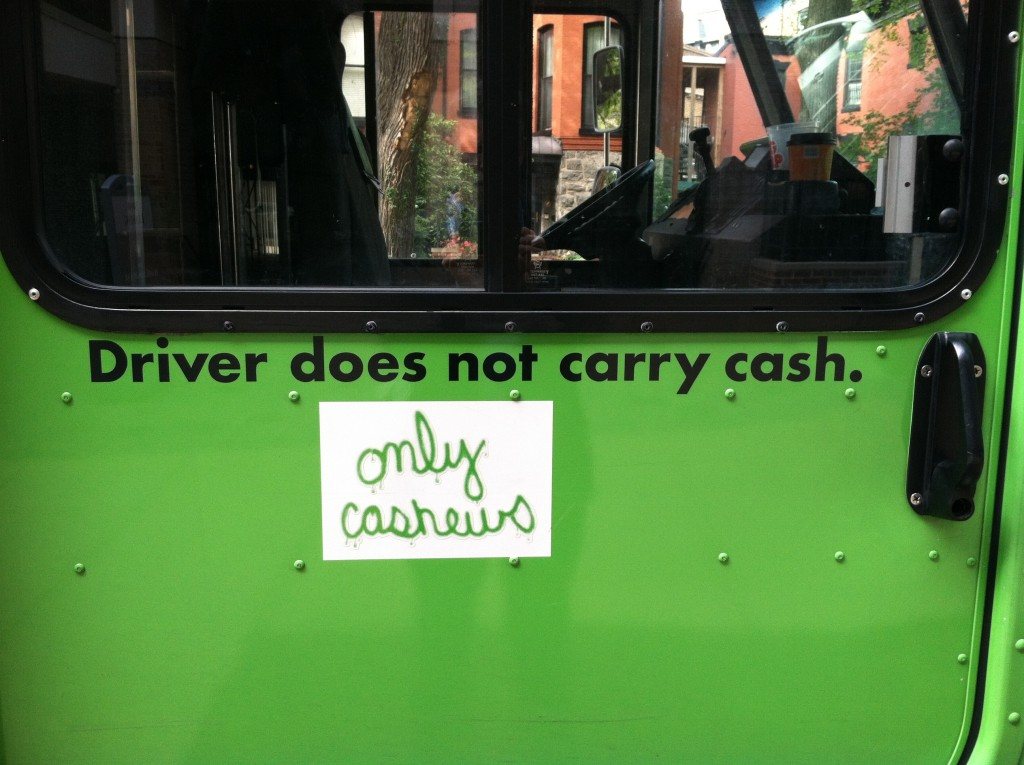This blog reflects highlights from a conversation with Sarah Heddon, Program Associate at Aga Khan Foundation. She recently visited Mozambique to oversee MozaCajú, a three-year project implemented jointly by TechnoServe and the Aga Khan Foundation with funding from U.S. Department of Agriculture.
Cashews in Mozambique
Mozambique is a nation flourishing with natural resources, and an economy that relies primarily on agriculture. However, after the Mozambican Civil War (1977-1992), some of the nation’s agricultural industries suffered. The cashew industry, once a prominent export, producing half the world’s total in the 1960s, fell into decline as adverse policies and civil war brought new tree plantings to a halt. Now, the cashew industry is positioning to reclaim its former glory in the international markets.
What is MozaCajú?
MozaCajú is improving the local cashew market in Mozambique and its prospects for the world market. MozaCajú sees a big future in the cashew’s little crescent. It seeks to revitalize the role the cashew crop plays in boosting Mozambique’s economic prosperity. MozaCajú will help nearly 30,000 smallholder cashew farmers and processors increase their productivity, and in turn, improve their quality of life. Adopting new technologies and management systems allows farmers and factories to expand their capacity and enter premium markets.
Why Mozambique?
Mozambique has been renowned for its cashews since the early 1900s. Conditions are ideal to produce the best-tasting cashews. For much of the 20th century, Mozambique was the world’s leading producer of cashew nut. Africa’s first industrial cashew processing plant was established in Mozambique in 1960, and the domestic processing industry began to thrive soon thereafter. Mozambique quickly built a reputation for quality production and efficient processing. However, with the onset of a 20-year civil war starting in the late 1970s, cashew processing declined. Smallholder farmers still continued to produce cashews, but not at the level that was once achieved.
How does the project help farmers?
The farmers are learning new methods to improve their productivity, like grafting techniques that offer higher yields. MozaCajú connects these farmers to markets to get a better price for their harvests. Currently, the project hopes to link farmers to buyers such as Whole Foods, Intersnack, Costco, and Nutrade with hopes to sell their product worldwide.
How do we reach premium markets?
TechnoServe is working closely with cashew processors to market the nut in new and innovative ways, such as a dynamic website that appeals to consumers. The farmers will also have access to the CommCare system, the start of a traceability system with the goal to create stronger linkages between buyers and farmers. CommCare is a mobile interface that allows farmers to enter their farm locations and communicate their crop quantity, which in turn lets factories and buyers know about the product in real time. This level of communication yields benefits to both farmers and processors, and ultimately consumers. Verification of the cashew’s journey will facilitate a range of quality-assuring information, including food safety and organic certification.
What is the future of this project?
MozaCajú will work with five technical high schools to conduct workshops and trainings on innovative agricultural techniques that promise better results in cashew farming. MozaCajú plans to release educational videos so best practices in farming can be shared throughout the industry in Mozambique. With changing demands in the international market, this targeted approach aims to change the Mozambican cashew industry in a way that allows producers and processors across an integrated value chain to connect directly with buyers and position the nation to become a competitive global provider of high-quality cashews once again.
By Marriam Shah, Communications Fellow at Aga Khan Foundation U.S.A.
